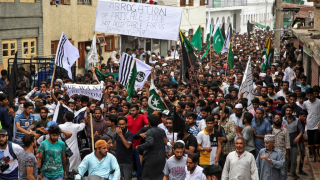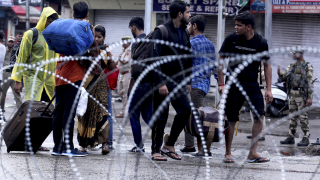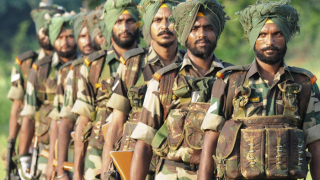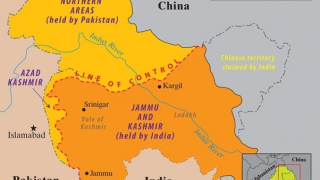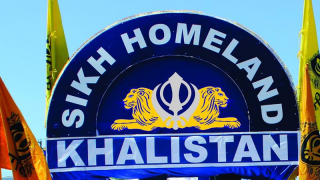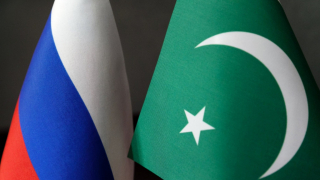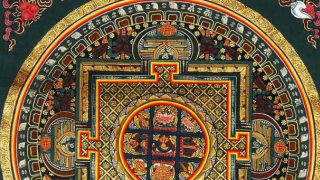Modi visits Trump: Is India leaning towards the unipolarity?
Modi’s first visit to the US after the inauguration of Trump administration has an uncomfortable background. On 2nd June, Trump invectively said that New Delhi receives “billions” of dollars in return for signing the Paris climate deal. In a denunciatory tone, the US president Donald Trump said, “India makes its participation contingent on receiving billions and billions and billions of dollars in foreign aid from developed countries.” It is logically assumed that Trump’s tirade comment on India before Modi’s visit to the USA is a tactical approach to get an upper hand in the coming bilateral negotiation table.
It is speculated that counter-terrorism, weapon purchase, South Asian geopolitics involving Pakistan and Afghanistan, common geostrategic agreement for Indian Ocean to counter China, reform in economic sectors, H1B visa and Indian citizen’s safety in the US will be discussed.
India’s foreign policy is not sovereign anymore, several notable US Think-Tanks including Carnegie Endowment for International peace and Brookings institute both have significant influence in Modi-led India’s foreign policy doctrine. In terms of economy, it has become apparent that India under Modi has been seeking western favor from the very beginning. He launched ‘Make in India’ campaign to attract western investors in India when the west has been suffering economic stagnation. Furthermore, the west has been taking the advantages of Modi doctrine for selling weapons in India and making the country a center for anti-multipolar world order strategy to contain China.
Since the Trump has already taken the upper hand in the coming bilateral negotiation by the climate tirade with India, therefore, it is time for Modi to appease him with bargain free offering of financial and strategic opportunities. The upcoming and seemingly dictatorial meeting may temporarily gear up the bilateral relation between India and the USA, but in long run, India is risking herself to be an American vassal state.
India is an important member of two multipolar international organization, Shanghai cooperation organization (SCO) and BRICS, which are mainly led by Russia and China. Though India got membership in SCO this year, she has not endorse herself in China led and Russia supported Belt and Road Initiative project. On the other hand India has signed Logistics Exchange Memorandum of Agreement (LEMOA) with the US. LEMOA ensures American access to Indian military facilities for supplies and repairs. To become a full fledged defense partner of the US, India has to sign four agreements. India already signed two and expecting to sign the rest two. During the previous BJP rule in 2002, the US and India signed General Security Of Military Information Agreement (GSOMIA). Communications and Information Security Memorandum of Agreement (CISMOA) and Basic Exchange and Cooperation Agreement (BECA) for Geospatial Intelligence are the two pending ones.
It is apparent that despite a member of the multipolar blocs, India has been leaning more towards the unipolar world order. China and Russia may not be comfortable with such double standard of Indian foreign policy in near future. Since Russia and China jointly leading the BRI, SCO and Eurasian projects, Modi’s west leaning India will be treated as an untrustworthy friend in the multipolar club.


